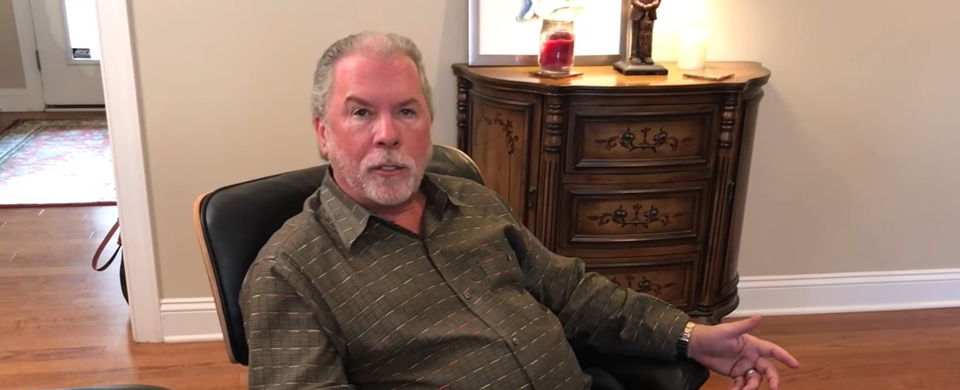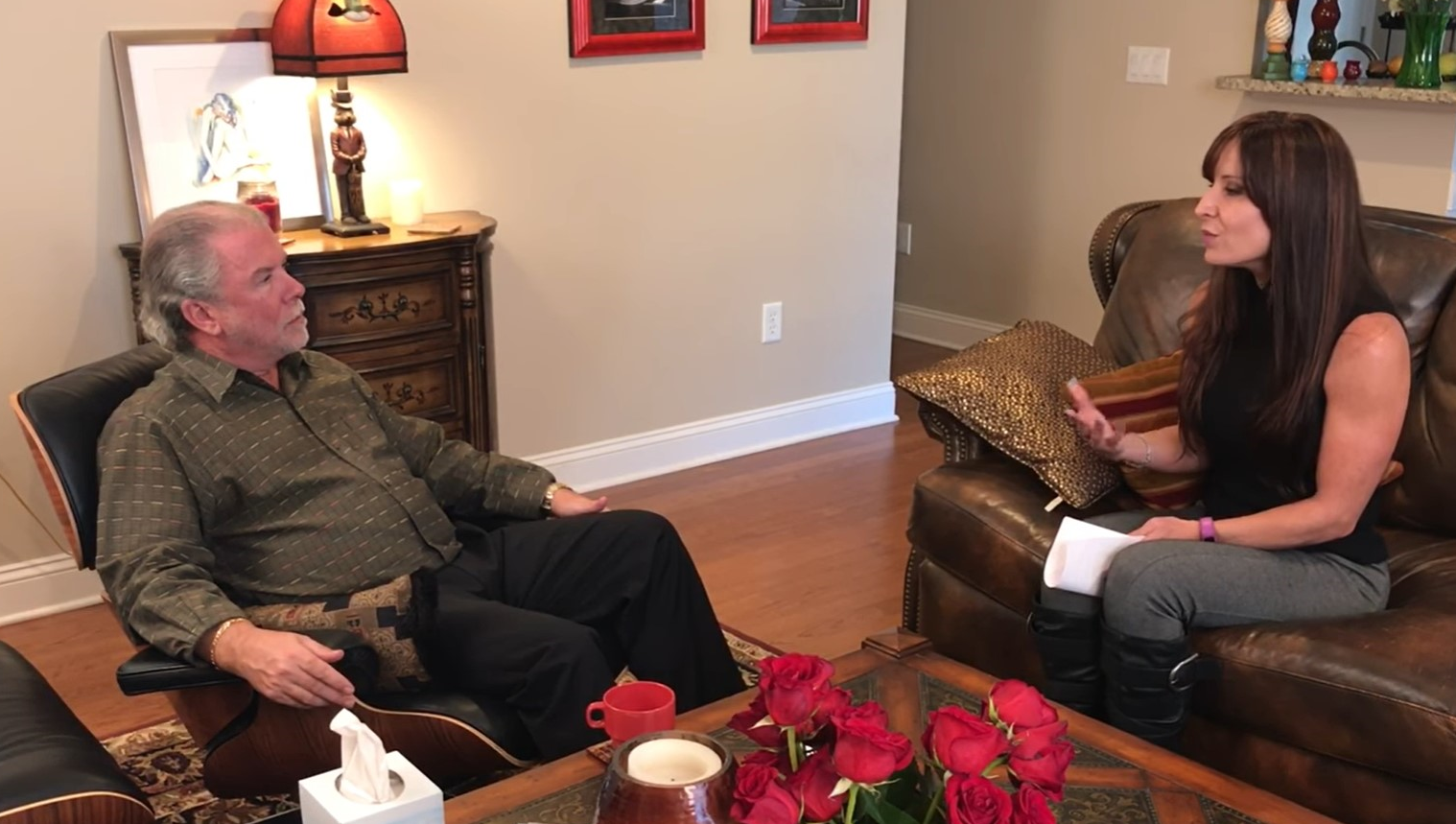Five Therapeutic Lessons That Only Come with Age and Practice
Walter Lowe • August 20, 2020
Time and practice, practice, practice count as much or more than formal instruction in becoming an expert at therapy or just about anything else

Even in the field of therapy—where emotional maturity and wisdom supposedly count for something—the enthusiasm, bravado, and pure physical energy of youth sometimes trump the sobriety, skepticism, caution, and, well, fatigue afflicting those of us who'll never see 40—or 50, or 60, or even 70—again. Sometimes, brash young Turks instinctively do brilliant therapy that their older teachers and mentors couldn't or wouldn't dare to do, even after four cups of coffee and two shots of ginseng extract. That said, there's nothing like experience—the slow, steady accretion of millions of new neural connections—for teaching us how to do something well, and that can only come with time and age.
Time and practice, practice, practice count as much or more than formal instruction in becoming an expert at therapy or just about anything else—medicine, law, carpentry, fire-fighting, or violin-playing. The longer you've been at it, the more deeply knowledgeable and skilled at the work you're likely to be.
So, first in line of Lowe's Laws for Codger Therapists is:
Our Age and Life Experiences Allow Us to Understand a Wider Range of Clients.
All the major life passages that older therapists have experienced—marriage, perhaps divorce, rearing children, juggling two jobs or working rotating shifts, coping with economic stress, illness, aging parents, death—means that they're likely to know with firsthand knowledge what their clients are feeling. The older you get, the less shocked or thrown for a loop you're likely to be by a client's dilemma, having handled quite a few of your own dilemmas. In the very best sense, you've already been there, done that.
Given that you have, or have worked to attain, a fairly well-balanced psyche of your own, your familiarity with life's conundrums breeds, not contempt, but a certain confident unflappability. If you've taken charge of your own life, your own marriage, your own teenagers, chances are you'll be better able to exert compassionate control in the therapy room with angry spouses, defiant adolescents, and families in which everybody talks furiously over everybody else and all at once. You're no longer afraid, as young therapists sometimes are, to give orders—tell the overbearing husband to be quiet or the teenager to quit cursing her mother—and make it happen. And, with clients who are going through particularly tough times—a death or other severe loss—simply the fact that you've no doubt suffered your own losses enables you to convey the understanding and comfort of one who really does know what they're going through. READ ENTIRE ARTICLE

In this Q&A, Sex Therapist Dr. Ralph Fox talks candidly about what can go wrong with couples and what kinds of issues he deals with day to day from the mundane to things we find very humorous. Farm Girl interviews him and asks some pertinent questions. The take away is, if you think you and your partner might need therapy, then you definitely need to see a therapist! Dr. Ralph gives some great information on everything from choosing proper erectile dysfunction or PDE5 inhibitor like Cialis and Viagra to healing or transcending fears, phobias and emotional scars. Doctor Ralph also points out that it's a lot cheaper and easier to work things out in therapy than it is to hire his and hers lawyers and go through a divorce battle.




